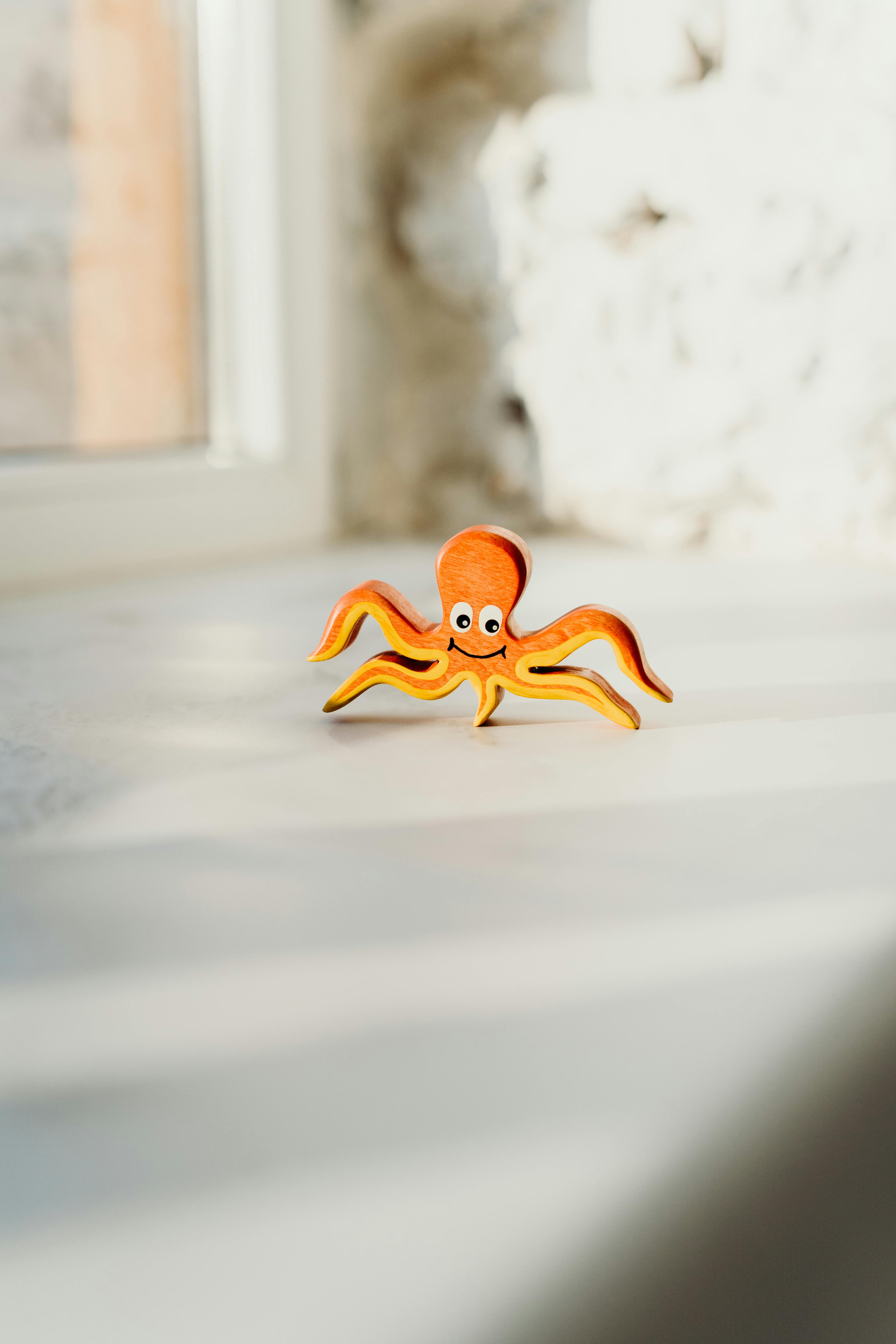**Deciphering the Enigmatic Lives of Octopuses: The Intelligent Invertebrates**
Imagine delving into the mysterious depths of the ocean, uncovering the fascinating life of one of its most intelligent inhabitants - the octopus. This article will take you on an underwater journey, exploring the intricate behavior, surprising intelligence, and unique survival tactics of these captivating creatures.

The Mysterious Origins of Octopuses
Octopuses, belonging to the class Cephalopoda, are one of the most intriguing marine inhabitants. These invertebrates have been thriving in the ocean for over 300 million years, seemingly defying the evolutionary norms with their peculiar features. Despite their extensive history, the octopus’s origin remains shrouded in mystery. Their fossil record is scant due to their soft bodies, leaving scientists to piece together their evolutionary puzzle through genetic studies and observations of living species.
The Astonishing Intelligence of Octopuses
Over the years, octopuses have been recognized for their remarkable cognitive abilities. They possess a highly complex nervous system, with two-thirds of their 500 million neurons located in their arms. This neurological prowess allows them to exhibit problem-solving skills, learn through observation, and display short and long-term memory capabilities. Remarkably, octopuses have been observed using tools, a behavior traditionally associated with higher mammals.
Octopuses: Masters of Deception
Octopuses are renowned for their impressive camouflage abilities. The various species can change their skin color and texture in a split second to mimic their surroundings, a skill utilized for hunting and evading predators. This exceptional talent is due to their skin’s unique cells, known as chromatophores, iridocytes, and leucophores, which can alter their appearance at will.
The Fascinating Breeding Cycle of Octopuses
The breeding cycle of octopuses is a testament to their remarkable survival instincts. After mating, the female octopus lays thousands of eggs, which she meticulously guards and cares for. Interestingly, both male and female octopuses die soon after reproduction, making their lifecycle a powerful, albeit poignant, representation of nature’s circle of life.
The Latest Research on Octopuses
Recent research on octopuses continues to uncover astonishing facts about these mysterious creatures. Scientists have discovered that octopuses can ‘taste’ with their arms, and have been observed engaging in what appears to be ‘play’ behavior. Furthermore, studies have revealed that octopuses can regenerate their arms, adding another layer to their survival skills. This continuous research emphasizes the complexity of these creatures, and their ongoing study promises to reveal even more about their enigmatic existence.
In conclusion, octopuses are a testament to the ocean’s wonders, demonstrating intelligence, adaptability, and survival skills that continue to captivate scientists and marine enthusiasts alike. Their existence offers a unique perspective on life in the ocean depths, challenging our understanding of intelligence and survival in the animal kingdom.




